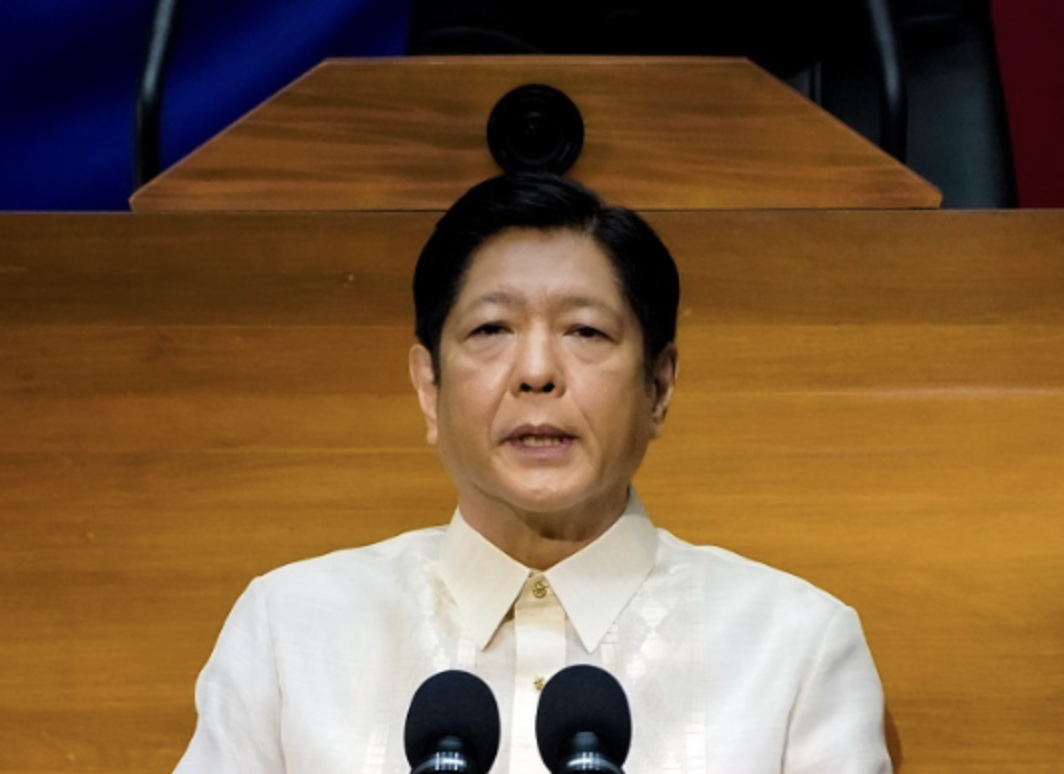Philippines Demands Expulsion of Chinese Envoys
Philippines calls for expulsion of Chinese diplomats over disinformation campaign in an escalation that could spill across the South China Sea

In a bold move, the Philippines’ National Security Council has urged the expulsion of Chinese diplomats, citing a “malicious disinformation campaign.”
National Security Adviser Eduardo Ano highlighted the breach of local laws and diplomatic protocols, demanding immediate action against those responsible. This demand follows the alleged leak of a phone call between a Chinese diplomat and a Filipino admiral discussing the South China Sea dispute. The leaked transcript reportedly shows the admiral conceding to China, escalating tensions in the already volatile region.
The Philippines and China have a complex relationship with deep historical ties and contemporary challenges. Historically, the two nations have engaged in trade and cultural exchanges dating back to ancient times. Diplomatic relations were formally established on June 9, 1975, after a period of limited contact due to the Philippines’ anti-communist stance following the 1949 Communist revolution in China 1.
Chinese expulsion?
The relationship has seen high-level diplomatic visits and agreements aimed at cooperation and resolving differences, particularly regarding the South China Sea (SCS), where both countries have conflicting interests2. Despite geographic proximity and shared history, the bilateral relations have experienced challenges, especially concerning territorial disputes in the SCS.
The current situation, calling for the expulsion of Chinese diplomats, is a significant escalation in the ongoing tensions between the two countries, particularly over issues of sovereignty and national security3.
The points of contention between the Philippines and China primarily revolve around territorial and maritime disputes in the South China Sea.
Key contentious issues
- Territorial Claims: Both countries claim sovereignty over the Scarborough Shoal and other areas within the nine-dash line, which China uses to mark its claims in the South China Sea1.
- Exclusive Economic Zones (EEZs): The Philippines, along with other Southeast Asian nations, contests China’s nine-dash line claim, as it encroaches on their EEZs, which are recognized under international law.
- Resource Exploitation: There are disputes over the rights to exploit marine resources and energy reserves in contested waters.
- Freedom of Navigation: The Philippines is concerned about China’s actions that could impede freedom of navigation and overflight in the South China Sea3.
- Chinese Coast Guard Law: China’s Coast Guard law, which allows the use of force against foreign vessels in disputed waters, has escalated tensions.
These issues contribute to a complex and often tense relationship between the two nations.

